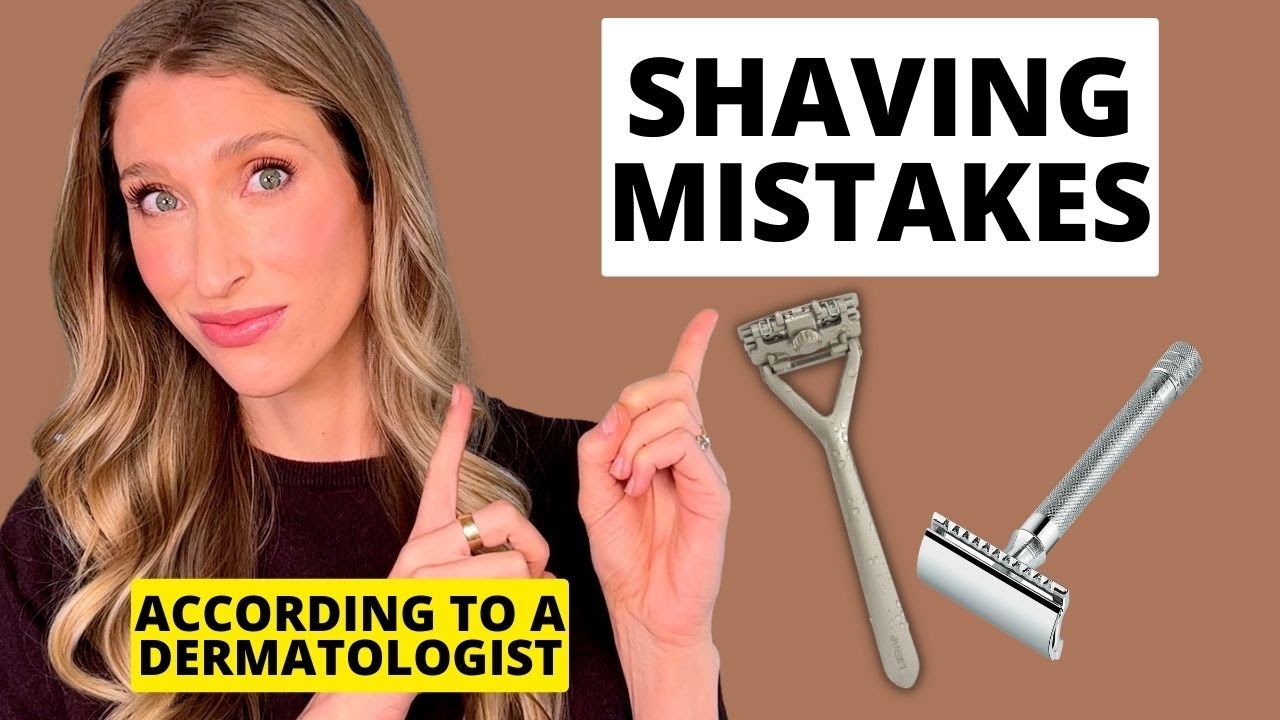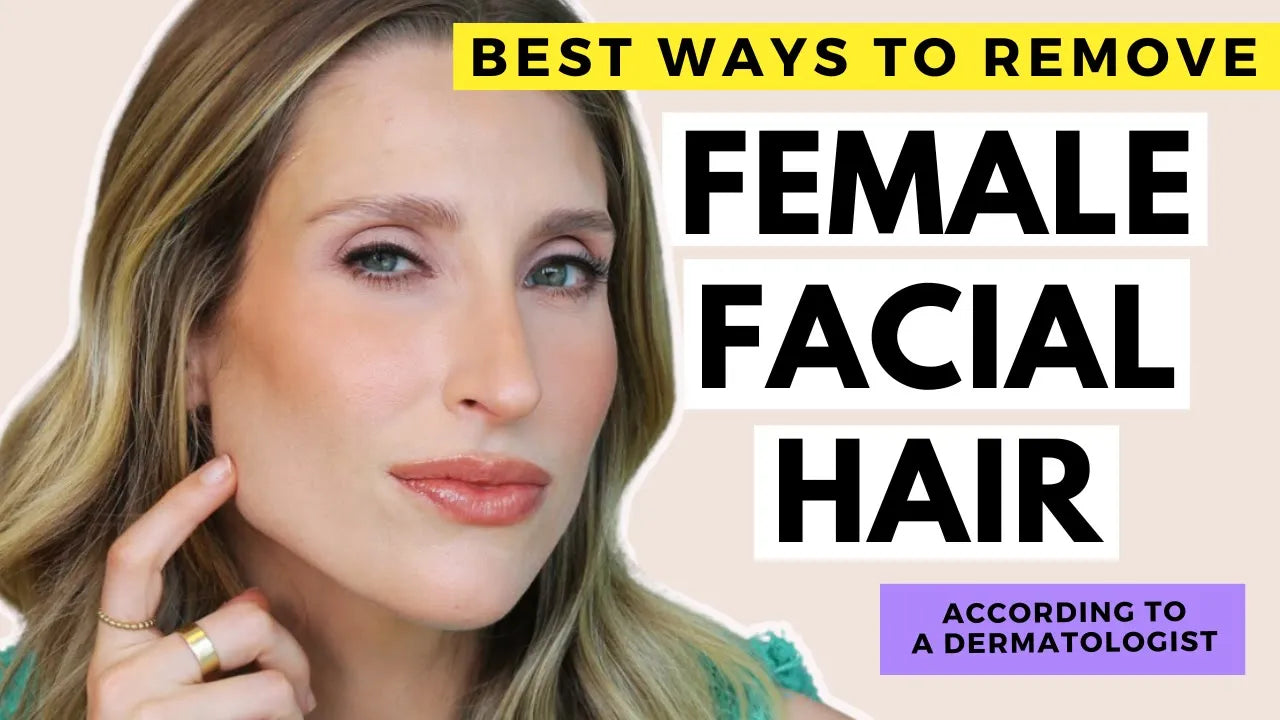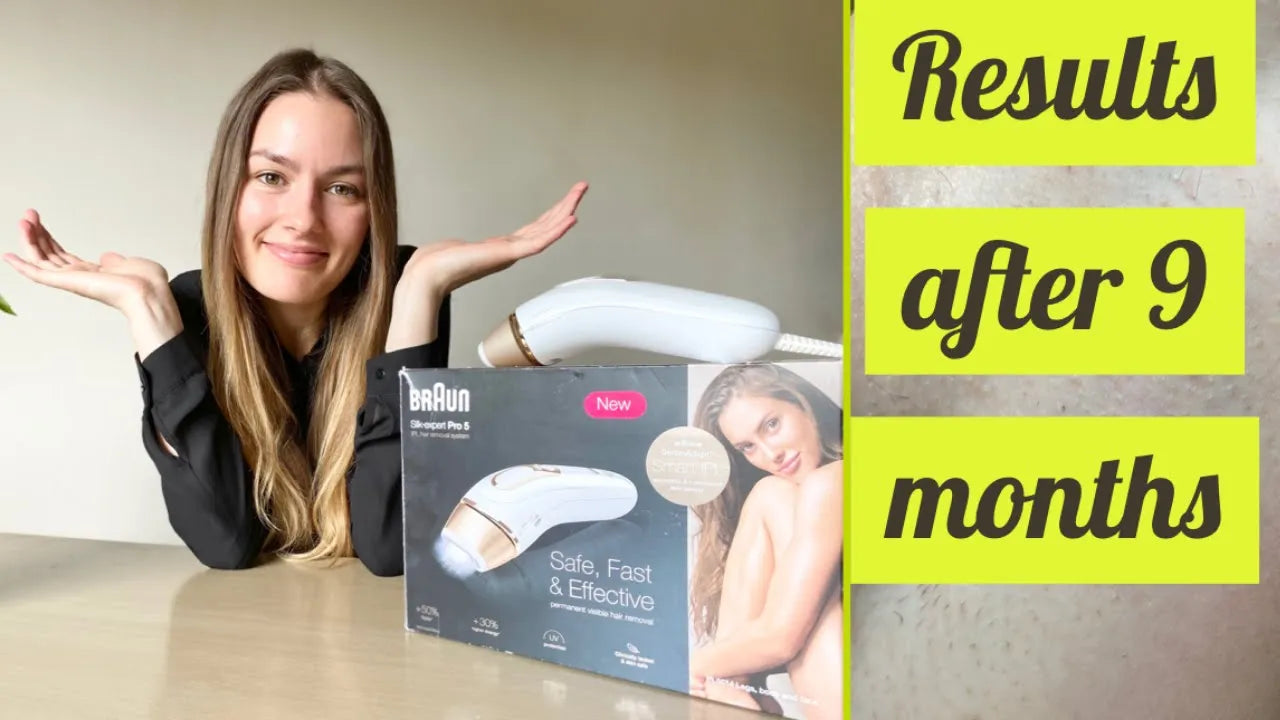
Should GP’s be supporting transgender patients with their medical transition? Does gender dysphoria require specialist medical expertise? And how informed do General Practitioners need to be about gender variance which now impacts almost 1% of the UK population?
Dr Helen Webberley
On 26 February, The Royal College of GPs (RCGP), published a statement from Dr Jonathan Leach, Honorary Secretary, on the care of transgender patients in general practice, and he had some interesting points to make. His opening statement: “Trans patients, like all patients, should be treated in general practice on the basis of need and without bias” is certainly reassuring, but in the wider context of the statement, it sadly fails to deliver.
The key advice to GPs from the RCGP continues to be that:
“Gender reassignment is a specialist area of medicine and treatment should be initiated in specialist care.”
– Dr Jonathan Leach, Honorary Secretary, Royal College of GP’s
However, the NHS waiting times for specialist clinics far exceed the ‘18 weeks to treatment’ promise made by the NHS constitution, and yet there is no alternative healthcare provision for gender variant patients, who are simply directed to the back of a very long queue.
But is this approach, which effectively groups all trans patients together as requiring ‘specialist’ care, irrespective of their individual situation, the best way of dealing with a spectrum of individuals whose needs are often very different? Surely, a model which effectively triage’s each patient would lead to a better understanding of where specialist care is needed and where patients could be managed in Primary Care, by their GP. This approach may seem radical but I will illustrate the point with some examples I have heard of cases where a GP was unwilling to support the patient.
Examples which GP’s may face when being asked to treat transgender patients…
- Patient A is self-medicating with Progynova 2mg daily purchased from Thailand. They have requested that their GP prescribe the medication instead so that they can be assured that it is from a safe source. The GP has declined.
- Patient B has relocated and has a new GP. They have asked the GP to continue the prescription of the Sustanon injections recommended by the GIC. The GP has declined.
- Patient C is 19 and has identified as female from a very young age. She has presented fully as female since the age of 12 and has had laser hair removal. She is desperate to stop any more muscular and skeletal changes happening to her body and would really like to take some oestrogen. She was hoping that her GP would prescribe Zoladex and Evorel. Her GP has declined.
- Patient D has some complex mental health issues and has anxiety, depression and social withdrawal. She requests a referral to an NHS Gender Identity Clinic. Her GP has declined.
- Patient E has been referred to an NHS Gender Clinic but has been told that the waiting list is 18 months. She feels suicidal. The GP says there is nothing more she can do.
General Medical Council (GMC) Guidance on consent, paragraph 64 states:
“You must work on the presumption that every adult patient has the capacity to make decisions about their care, and to decide whether to agree to, or refuse, an examination, investigation or treatment.”
– General Medical Council
How does the treatment of gender variance and dysphoria compare to how other medical conditions are managed in General Practice?
Treating transgender patients vs Patients with heart failure
According to an article published in GP Online in 2015, ‘The prevalence of Heart Failure in the UK has been shown to be 8.3 per 1,000 population (0.8%).’ In 2016 The Guardian newspaper published their findings following an FOI request to NHSE, which revealed that: ‘at least 1% of the population reported being trans or experienced some kind of gender incongruence.’
The RCGP statement says that ‘new presentations of gender reassignment are exceptional in general practice.’ However, in a GP practice of 10,000 patients, if the (I believe conservative) 1% figure is accurate, then around 100 will be trans, compared with 83 who will have heart failure. Still many GP’s believe they have never treated a trans patient.
The Guardian reported that ‘Figures obtained under the Freedom of Information Act reveal an increase in the number of referrals to all of the UK’s 14 gender identity clinics (GICs) in recent years, with a number of clinics experiencing increases of several hundred percent.
Can specialist services really be expected to see every single patient? Is it really the case that not one of these can be dealt with safely in Primary Care?
Our doctors are all gender specialists. Find out more here
Is medically supporting transgender patients to transition “specialist care”?
The RCGP statement goes on to confirm that they feel that ‘it is a specialist area of medicine, and treatment should be initiated in specialist care.’ In a response to the British Medical Association (BMA), the GMC covered this concern with their view that
“We don’t believe that providing care for patients with gender dysphoria is a highly specialist treatment area requiring specific expertise.”
– General Medical Council
However, NHS England describes specialised services as those that ‘support people with a range of rare and complex conditions. They often involve treatments provided to patients with rare cancers, genetic disorders or complex medical or surgical conditions.’ In my experience that does not fit with the care of trans patients.
The care of gender incongruent children is listed by NHSE as a ‘highly specialised service’, which is defined as one that is ‘provided to a smaller number of patients compared to specialised services; usually no more than 500 patients per year.’ However, FOI requests from the Guardian in 2016 showed the following figures for the NHS service providing care to children: ‘In the past year it has had an unexpected and unprecedented increase of 100%, up from 697 to 1,398 referrals.’
In its statement, the RCGP attempts to sympathise with patients by saying:
“We understand that access to specialist gender reassignment services in the NHS is inadequate, and that this is incredibly frustrating for trans patients and their families.”
– Royal College of GP’s
However, if as outlined above, gender incongruence is more common in General Practice populations than heart failure, surely a new approach which treats patients on a case by case basis is required?
How high do these figures need to rise before the Royal College of GP’s encourage their members to provide some services in Primary Care?
What training do GP’s need before they take on treating transgender patients in General Practice?
Dr Leach is worried for the GP’s in the UK. He says ‘GP’s should not have to bear the brunt of poor access to specialist services by being put in a position where they are being asked to prescribe treatment that they are not trained to prescribe or monitor safely without expert support.’ It is worth remembering that the list of drugs prescribed for these patients is small, and consists of drugs that are used in every-day General Practice when treating menopause, andropause, endometriosis and prostate cancer.
If a patient is entitled to a treatment on the NHS and requests that treatment from their GP who is in a position to provide that treatment, would it stand up in court if that doctor refused to treat them?
Would the reasoning that the doctor was not trained be enough to protect him/her from being liable for not providing that care?
The Royal College curricula are published on the GMC website. The care of transgender patients only features in one of the specialties – General Practice. Training for this treatment is not included in the curricula of endocrinology, mental health, paediatrics, paediatric endocrinology or child mental health. It does, however, feature in the RCGP Core Curriculum Statement 27 October 2016 which states the following:
RCGP Core Curriculum Statement 27 October 2016
Core Competence: Provide general clinical care to patients of all ages and backgrounds. As a GP, this means you should:
‘Develop the knowledge and skill required to provide high quality care to groups of patients who may have needs that require you to adapt your clinical approach. Such groups include (but are not limited to):
- infants, children and young people
- people with mental health problems
- acutely ill people
- pregnant women and new mothers
- people with intellectual, physical or sensory disabilities
- people with addictions
- gay, lesbian and transgender people
- migrants, refugees and asylum-seekers
- people of different ethnicities and cultures
- the elderly and those with multi-morbidity
- people nearing the end of life’
In its core statement, the Royal College states that GP’s may be required to adapt their clinical approach, yet when it comes to the care of transgender patients, concern is shown for GP’s who refuse to do just that, on the premise that they are being asked to prescribe something that they are not trained to prescribe.
To be clear: the GMC approve the curricula and assessments created by the royal colleges for 65 specialties and 32 sub-specialties. The ONLY curriculum which includes the care of transgender patients is the one for GP’s. There are no NICE guidelines for the care of trans patients, and no NHS published guidelines.
The GMC is very clear in its guidance for Good Medical Practice for all doctors practicing in the UK:
“You must keep your professional knowledge and skills up to date.’ And ‘You must regularly take part in activities that maintain and develop your competence and performance.”
– General Medical Council Guidance
In his statement, Dr Leach is worried that ‘This is an important area of medicine, but there is a distinct lack of high-quality research in the area, and a lack of reputable clinical guidance available.’ The Endocrine Society Guidelines were updated in 2017. They explain that:
“This evidence-based guideline was developed using the Grading of Recommendations, Assessment, Development, and Evaluation approach to describe the strength of recommendations and the quality of evidence.”
– The Endocrine Society Guidelines 2017
If these are felt to be too specialised for GP’s, the University of San Francisco and California have produced Guidelines for the Primary and Gender-Affirming Care of Transgender and Gender Non-binary People, which ‘complement the existing World Professional Association for Transgender Health Standards of Care and the Endocrine Society Guidelines in that they are specifically designed for implementation in every-day evidence-based primary care.’
I am reassured that the RCGP statement reports that ‘The College is currently funding and developing a new e-learning course for GP’s on gender variance, which should be launched later this year.’ However, this news comes under the cloud that the e-learning resource that was developed by the Gender Identity Research and Education Society (GIRES) was recently removed from the RCGP website.
In response to the RCGP removing the existing guidelines from their website, GIRES stated that:
“The course helped GPs to fulfill their responsibility, as stated by NHS England and the General Medical Council, to prescribe and monitor the medication recommended by the specialist clinicians in the gender identity clinics. ‘In January 2018, the RCGP made a number of changes to the course without informing GIRES, which has not given its consent to any of those changes. GIRES discovered those changes in June 2018. Some of the changes made by the RCGP were acceptable to GIRES but others were inappropriate.”
– Gender Identity Research and Education Society
In response, Dr Jonathan Leach is quoted to have said ‘The online module, developed and paid for by the Gender Identity Research and Education Society (GIRES) “risked creating unrealistic expectations for patients regarding the role of the GP in initiating treatment”. Is it unrealistic on the part of the patient to be able to access basic clinical care?
Is the problem specialised training, or something else?
I am concerned by a recent study from the USA which showed that ‘transphobia – an aversion to accepting transgender people – may play a bigger role than the amount of education a medical professional has when it comes to transgender people receiving competent health care.’
In 2016, the House of Commons, Women and Equalities Committee, Transgender Equality Report found that
“GP’s in particular too often lack an understanding of: trans identities; the diagnosis of gender dysphoria; referral pathways into Gender Identity Services; and their own role in prescribing hormone treatment. And it is asserted that in some cases this leads to appropriate care not being provided….
The NHS is failing in its legal duty under the Equality Act in this regard. There is a lack of Continuing Professional Development and training in this area amongst GP’s. There is also a lack of clarity about referral pathways for Gender Identity Services. And the NHS as an employer and commissioner is failing to ensure zero tolerance of transphobic behaviour amongst staff and contractors.”
– House of Commons, Women and Equalities Committee, Transgender Equality Report
In 2018, Stonewall produced the findings of their LGBT in their Trans Britain Report. They found that:
“One in four trans people who have undergone or are currently undergoing medical intervention are unsatisfied with the support they have received from their GP.”
– Stonewall Trans Britain Report, 2018
These allegations and suspicions of transphobia are worrying for GP’s who are working on the front line, especially in these litigious days. If a patient complains that their GP fails to provide treatment, and that failure is due to a lack of personal professional development (with undertones of potential transphobia) which way would the hammer fall in the court of law, especially when we consider what the outcomes may be if care is not provided?
How can GP’s best support transgender patients?
Some people may feel that gender affirmation treatment is not high priority, not a medical emergency for the NHS and for overstretched GP’s. However, startling statistics published by Stonewall show:
Stonewall Trans Britain Report 2018
- 27% of trans young people have attempted to commit suicide and 89% have thought about it. 72% have self-harmed at least once.
- 48% of trans people in Britain have attempted suicide at least once; 84% have thought about it.
- 54% of trans people reported that they have been told by their GP that they don’t know enough about trans-related care to provide it.
I am concerned that doctors are being advised against what is expected of them as a UK registered GP when it is they who are responsible for their own professional skills, knowledge and practice. Even more so when we consider that these patients may be at higher than average risk of suicide and self-harm, with the welfare and lives of children and vulnerable adults at stake.
I refer again to GMC Good Medical Practice:
General Medical Council Guidance
(56) You must give priority to patients on the basis of their clinical need if these decisions are within your power. If inadequate resources, policies or systems prevent you from doing this, and patient safety, dignity or comfort may be seriously compromised, you must follow the guidance in paragraph 25b.
(25b) You must take prompt action if you think that patient safety, dignity or comfort is or may be seriously compromised.
- If patients are at risk because of inadequate premises, equipment or other resources, policies or systems, you should put the matter right if that is possible. You must raise your concern in line with our guidance and your workplace policy.
In the UK, simple cases of medical care are treated in General Practice and patients are referred on to secondary care consultants for matters that cannot be supported in Primary Care. I believe it should be the same with treating patients with gender variance. If we left the few Gender Identity Clinics in the UK to deal with the more complex cases, then waiting lists would reduce, patient satisfaction would increase and GP’s could really begin to see how simple and rewarding the treatment of this patient group can be.
Author:
Dr Helen Webberley is the founder of GenderGP. A passionate advocate for the transgender community, she continues to campaign for real change in the way that trans people are treated in society and particularly in relation to the barriers they face when accessing healthcare. Dr Webberley believes in gender-affirmative care and that the individual is the expert in their own gender identity.
Photo by Pavel Danilyuk from Pexels







































